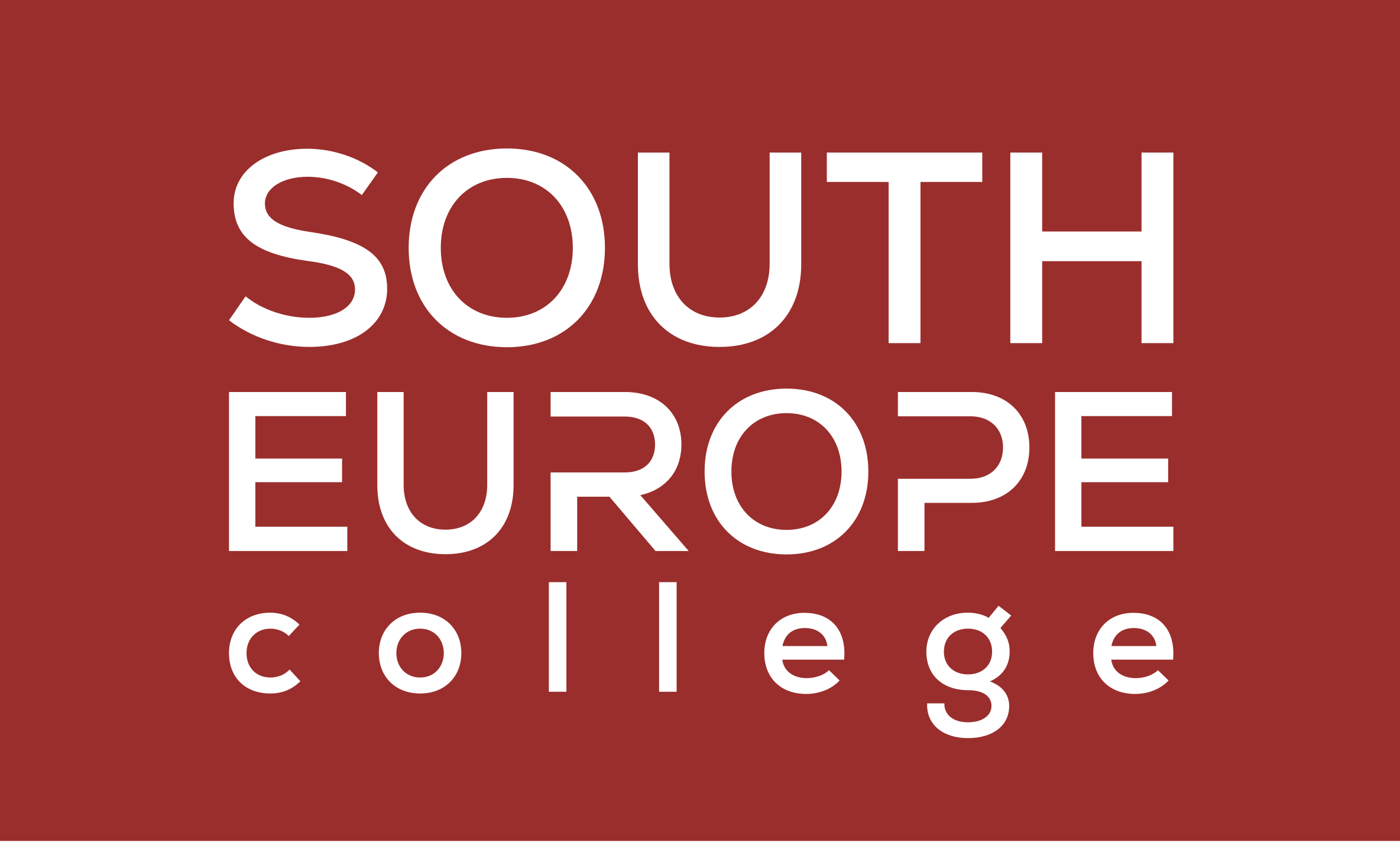PROGRAM AT A GLANCE
Title of the Qualification
Master of Science (MSc.) in Information Technology
MQF Level
Level 7
Total ECTS Credits Required for Program Completion:
90 ECTS Credits
Mode of Attendance
Full-Time (Three Semesters)
or Part-Time (Six Semesters)
Programme Duration and Tuition
1 Year and 4 Month (Full-Time)
or 3 Years (Part Time)
€750 per semester (Scholarships available; check eligibility)
Language of Instruction
English
Program Delivery
Fully Online through a virtual learning environment – Students can register and participate in classes from anywhere in the world.
Entry Requirements
- Our programme is designed to broadly meet the growing needs of the job market, aiming to equip highly skilled professionals in the fields of Information and Communication Technologies. It is essential that individuals holding a bachelor’s degree, whether in related (Information and Communication Technologies – Cybersecurity – Network infrastructure – Data analysis – and etc).
- Having a diverse academic background among students enriches the learning experience, allowing for the exchange of various perspectives and experiences. Furthermore, professional training encompasses not only theoretical knowledge but also the practical skills acquired through the curriculum and hands-on experiences offered in the programme.
Admission of candidates as Postgraduate Qualification Students
Candidates have to provide the following to be considered eligible for admission to the Master of Science (MSc.) in Information Technology Program as Postgraduate Qualification Students .
- A European undergraduate three-year initial degree or recognized equivalent at EQF/MQF (Level 6 – 180 ECTS minimum) or a foreign undergraduate bachelor’s degree from outside the Malta equivalent at EQF/MQF (Level 6 – 180 ECTS minimum). All fields of study and specialties are accepted to enroll to the Master of Science (MSc.) in Information Technology Program
- Proof of English Language Proficiency (i.e. IELTS / TOEFL: minimum score 6.0 – or equivalent).
a) Students who fail to meetthe English Language requirements are granted a ” one-yearprovisional acceptance” to the program, during which the student either attend and successfully complete a qualifying English language module at SEC or provide alternative proof of English Language proficiency.
b) The English language proficiency requirementis waived for students who obtained their most recent degree from an institution where English is the primary medium of instruction.
Admission of candidates as Professional Award Students
Students who fail to meet the conditions applicable to postgraduate qualification may be admitted only to the program as Professional Award Students. Their progression will be limited to the awards specified in the “Exit Award” section below.
Recognition of Prior Learning
Only Accredited Formal Learning units/ modules obtained at EQF/ MQF Level 7 that covers at least 80% of the contents of the program’s equivalent corresponding units/ modules will be considered for exemption.
Exemptions may only be granted for entire modules/ units, not for individual assessment components within a module/ unit, and will be limited to a maximum of 30 ECTS of the total qualification credits.
Overall Programme Description
Today, organizations of all types rely on information technology. They need to have appropriate systems in place—systems that function properly, are secure, regularly upgraded, maintained, and replaced when necessary. Academic disciplines have emerged to address these needs. While the disciplines of Information Technology (IT) and Information Systems (IS) both focus on the use of software and hardware to meet organizational needs, Information Technology can complement Information Systems. Whereas, Information Technology focuses more on the technology itself than on the information it conveys. It is a new and rapidly growing field that started as a grassroots response to businesses’ and other organizations’ practical, everyday needs.
Information Technology focuses on ensuring that an organization’s technological infrastructure is appropriate and reliable, and on applying computing solutions to meet the needs of technology-dependent organizations. The term “Information Technology” also refers to undergraduate degree programs designed to prepare students to meet the computer technology needs of business, government, healthcare, faculties, and other organizations. In some countries, these degree programs may be known by different names.
IT programs exist to produce graduates with the right knowledge and practical expertise required to manage an organization’s IT infrastructure and support its users. This includes planning and managing the technology lifecycle by which an organization’s technology is maintained, upgraded, and replaced. Graduates of information technology programs address these needs. In its broadest sense, IT encompasses all aspects of computing technology. As an academic discipline, IT focuses on meeting users’ needs within organizational and societal context through the selection, development, application, integration, and management of computing technologies.
Plan of Study
The academic year is divided into three semesters. All modules/units are mandatory. To be awarded the Level 7 Master’s degree, students must successfully complete all Level 7 units. Learners are expected to participate in lectures, tutorials, self-studies, and assessments that cover the required subject.
Target Group
The program is designed to enable organizational leaders and systems administrators to leverage state-of-the-art information technology tools and techniques to realize and achieve organizational objectives.
The Masters in Information Technology Program is designed for individuals with a higher education EQF/ TPMQF Level 6 degree (in any specialty), appropriate work experience, and for individuals choose to advance their career through excellence in Information Technology in addition to their primary specialty and who are in need of in-depth knowledge and skills in the field of Information Technology for the purpose of holding executive positions, accelerating their career development, or progressing in the IT business.
A typical Target Group for the program includes individuals who meet the admission requirements and are currently performing the duties or aspiring to assume the duties associated with the following organizational or independent consultancy roles:
- CEO’s
- CTO’s
- System Engineers
- System Administrators.
- Trainers, Coaches and Educators
- Entrepreneurs
- IT Projects Directors/ Managers
- IT Managers
- Network infrastructure engineers.
- Cybersecurity professional
- Top and Middle Managers
- Database developers
- Data analysts
Learning Outcomes for Knowledge obtained at the end of the programme:
Upon successful completion of the program, graduates will be able to:
- Define basic knowledge and understand fundamental principles of core computing.
- Demonstrate strong knowledge of programming fundamentals, the construction of computer-based systems, data structures and algorithms, software engineering techniques, and information retrieval.
- Demonstrate a deeper understanding of some aspects of the subject, such as multimedia, computer and communication networks, data mining and knowledge discovery, information storage and retrieval systems, mobile Communication Systems, pattern recognition, artificial Intelligence, cryptography, and network security.
- Demonstrate understanding of technologies used in the design, development, and management of database systems, systems analysis, and design, and information retrieval systems.
- Recall the role of human factors in the design of Information Technology systems.
- Apply tools and techniques for the design and development of applications.
- Recall methods for the construction of web-based materials and systems and design of internet-based systems.
- Demonstrate an understanding of legal, professional, and moral aspects of the exploitation of IT.
- Demonstrate the broad context within computer information technology, such as quality, reliability, enterprise, employment law, accounting, and health.
- Identify the challenges inherent in the maintenance and evolution of IT-based systems, as well as the techniques and best practices currently available for dealing with them.
- Identify attributes, components, relationships, patterns, main ideas, and errors.
- Explain proposed solutions, assess their methodologies based on results, and establish criteria to verify and justify their effectiveness.
- Define solutions for IT challenges while considering commercial and industrial constraints, ensuring innovative and practical design outcomes.
- Define design solutions that meet specified requirements, incorporating synthesis, evaluation, and practical application. Find the professional, moral, and ethical issues involved in the
- Understand information technology and being guided by their adoption, reflecting on issues of professional practice within the discipline.
Learning Outcomes for Skills obtained at the end of the programme:
The learner will be able to:
- Identify a problem and define the computing requirements appropriate to its solution
- Design, implement, and evaluate a computer-based system, process, component or program to meet desired needs
- Demonstrate independent critical thinking and problem-solving skills and function effectively as part of a team to accomplish a common goal.
- Demonstrate an understanding of professional, ethical, legal, security, and social issues and responsibilities
- Communicate effectively with a range of audiences
- Analyze the local and global impact of computing on individuals, organizations, and society
- Demonstrate an awareness of the need for, and the ability to engage in continuing professional development.
- Use current techniques, skills, and tools necessary for effective information technology practice and project planning
Use and apply current technical concepts and practices in the core information technologies subjects.
- Identify and analyze user needs and take them into account in the selection, creation, evaluation, and administration of computer-based systems.
- Apply information technology solutions to the problems of organizations or individuals by effectively integrating IT-based solutions into the user environment.
General Pedagogical methods used for this programme:
The program generally employs the pedagogical instruments of “Flipped Classroom”, “Interactive eLearning” and “Continuous Assessment” through:
- Weekly asynchronous online video lectures (recorded) covering all intended learning outcomes (for each module/unit)
- Weekly quizzes and/or assignments covering the outcomes of the video lectures (for each module/unit)
- Weekly scheduled synchronous online tutorialdiscussions (for each module/unit)
- Periodic synchronous seminars covering all program learning outcomes
- Periodic integrative assignments assessing the depth of understanding and the ability to interrelate the intended learning outcomes across different program modules and units.
The program is delivered through virtual classes (via MS Teams) and supported by learning management system (Moodle LMS).
Diagnostic, formative and summative questions are built within all courses. Instructors can utilize the statistical analysis provided by Moodle to identify areas of significant concern either to group or individual students.
Individual students can also review their performance and request clarifications either through course forum or during live discussions.
PROGRAM AT A GLANCE
The Master of Science (MSc.) in Information Technology Plan
| Plan of study (Full-Time): | |||
|---|---|---|---|
| Year 1: | |||
| Semester-1: | |||
| Information Technology | IT 711 | (8 ECTS) | |
| Networking and Data Communication | IT 721 | (8 ECTS) | |
| Project Management | IT 714 | (6 ECTS) | |
| Database Systems | IT 722 | (8 ECTS) | |
| Semester-2: | |||
| Business Analysis | IT 723 | (7 ECTS) | |
| Data Analytics | IT 724 | (7 ECTS) | |
| Cybersecurity | IT 732 | (8 ECTS) | |
| Software Engineering | IT 733 | (8 ECTS) | |
| Year 2: | |||
| Semester-3: | |||
| Dissertations | IT 761 | (30 ECTS) |
Alternatively, students may choose to follow the Part-Time study plan as shown in the table below.
| Plan of study (Part-Time): | |||
|---|---|---|---|
| Year 1: | |||
| Semester-1: | |||
| Information Technology | IT 711 | (8 ECTS) | |
| Project Management | IT 714 | (6 ECTS) | |
| Year 1: | |||
| Semester-2: | |||
| Networking and Data Communication | IT 721 | (8 ECTS) | |
| Database Systems | IT 722 | (8 ECTS) | |
| Year 2: | |||
| Semester-1: | |||
| Business Analysis | IT 723 | (7 ECTS) | |
| Cybersecurity | IT 732 | (8 ECTS) | |
| Year 2: | |||
| Semester-2: | |||
| Software Engineering | IT 733 | (8 ECTS) | |
| Data Analytics | IT 724 | (7 ECTS) | |
| Year 3: | |||
| Semester-1: | |||
| Dissertations 1 | IT 761 | (15 ECTS) | |
| Year 3: | |||
| Semester-2: | |||
| Dissertations 2 | IT 761 | (15 ECTS) |

